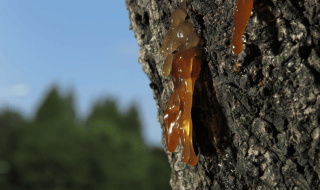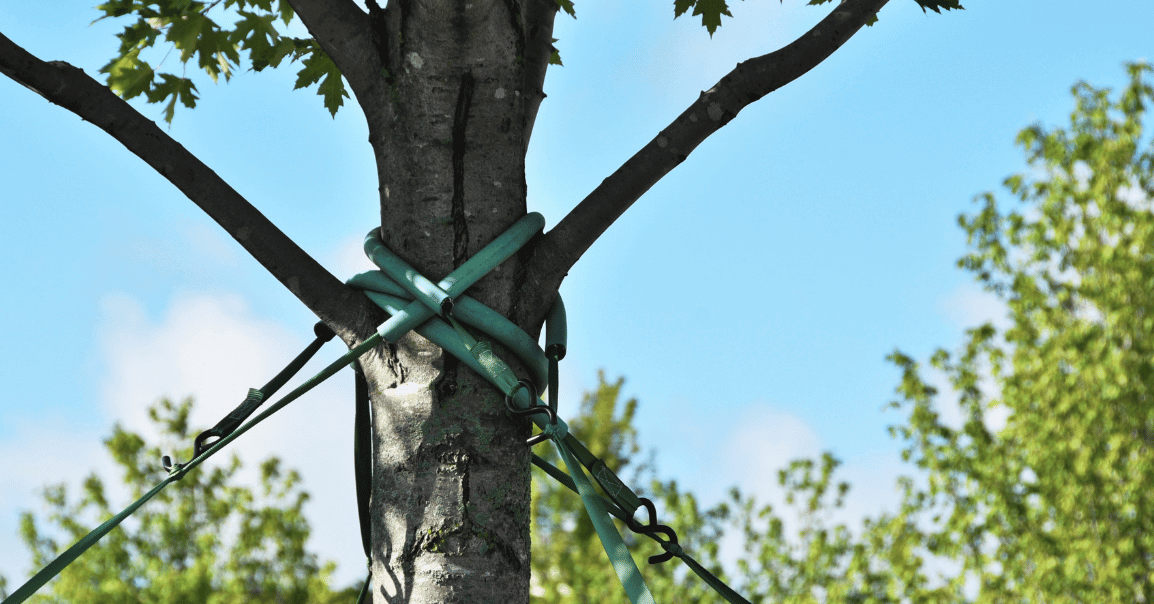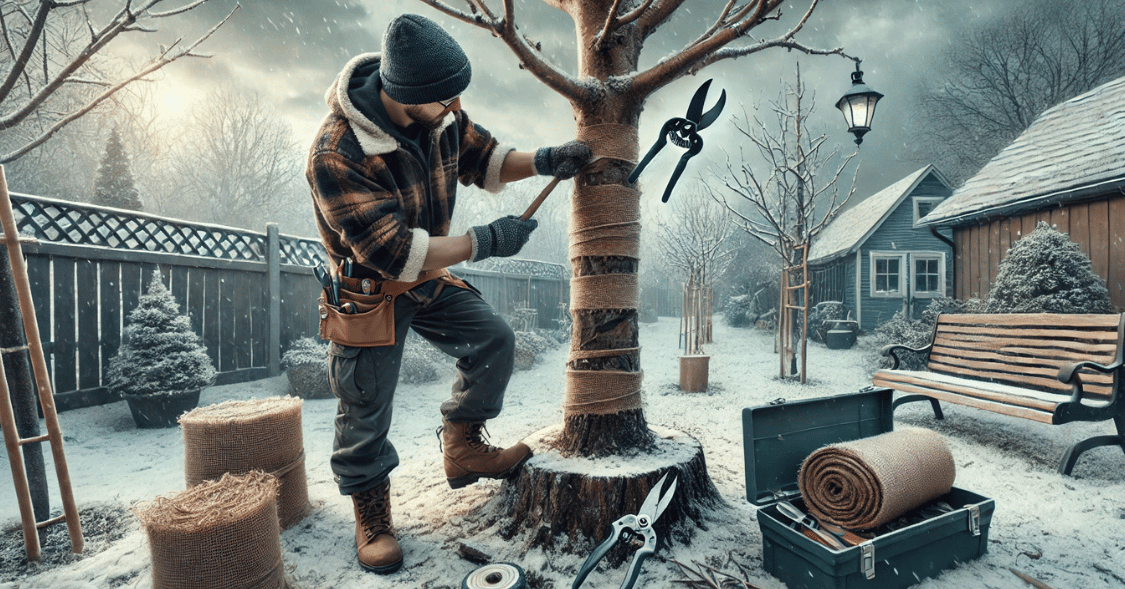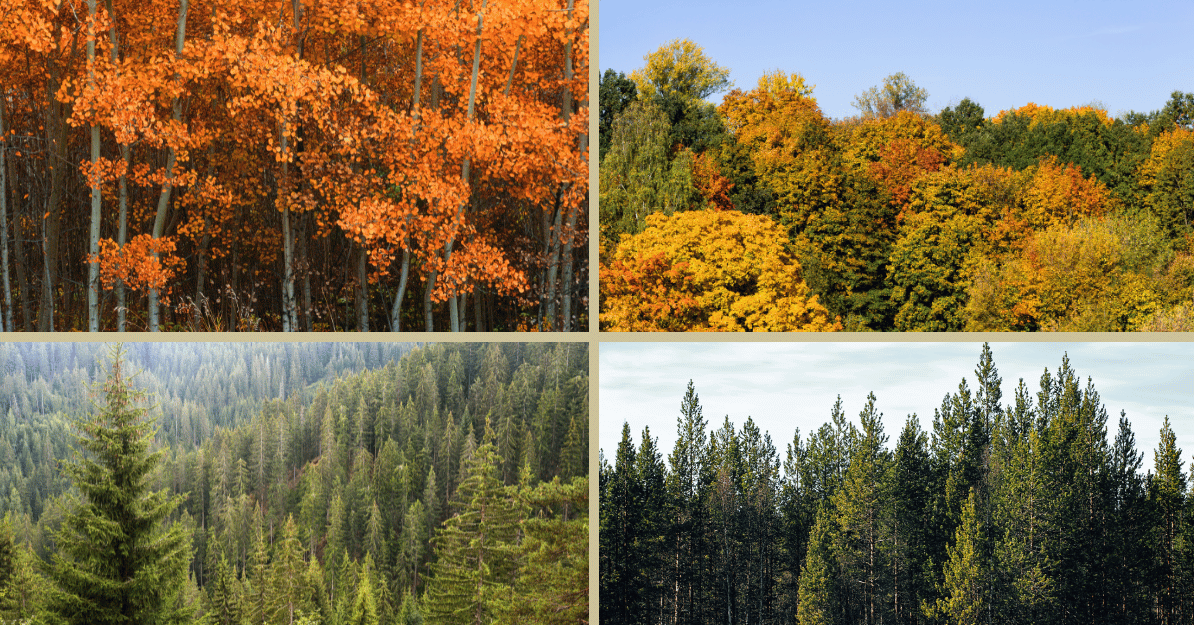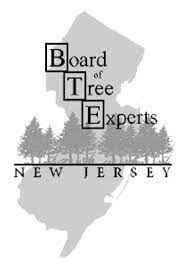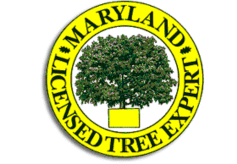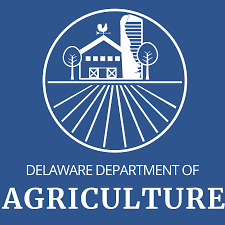If you've ever noticed a sticky substance dripping from the leaves or branches of your trees, you might be wondering what it is and why it's happening. This sticky liquid is often called "honeydew," a phenomenon that can occur for various reasons. In this article, we'll explore what honeydew is, how it can affect trees, and what you can do to prevent it.
What Is Honeydew?
Honeydew is a sweet, sticky substance produced by certain insects, particularly aphids, scale insects, and mealybugs. These insects feed on the sap of trees and other plants by piercing the plant's tissues and extracting the sugary sap. As they feed, they excrete excess sugar in honeydew, which then falls onto the leaves, branches, and even the ground beneath the tree.
Honeydew is named because of its sweet, sugary nature, resembling the dewdrops on plant leaves in the early morning. It's often described as being consistent with honey but lighter in color. While honeydew is not harmful to trees, its presence can lead to several issues if not appropriately managed.
How Can Honeydew Affect Trees?
- Sooty Mold: One of the primary concerns with honeydew is the development of sooty mold. Sooty mold is a dark, powdery fungus that can grow on the surfaces of leaves, branches, and other parts of the tree where honeydew has settled. This mold looks unsightly and can interfere with photosynthesis, as it blocks sunlight from reaching the plant's chlorophyll.
- Reduced Plant Health: When honeydew-producing insects like aphids infest a tree, they can weaken the tree by draining its sap, which contains essential nutrients. Over time, this can lead to stunted growth, leaf discoloration, and an overall decline in the tree's health.
- Attracting Ants and Other Pests: Honeydew is highly attractive to ants, bees, and wasps. These insects may be drawn to the sticky substance, further complicating the issue. Ants, in particular, may "farm" aphids and protect them from predators, allowing aphid populations to grow.
- Sticky Mess: Honeydew can make a sticky mess on outdoor surfaces, including patios, decks, and vehicles parked beneath infested trees. This can be particularly troublesome for homeowners.
How To Prevent It
Preventing honeydew and the associated problems involves managing the insects that produce it. Here are some steps you can take to minimize the occurrence of honeydew on your trees:
- Identify the Pests: The first step is identifying the insects responsible for producing honeydew. Aphids, scale insects, and mealybugs are common culprits. If unsure, consider consulting with a local arborist or pest control professional.
- Natural Predators: Encourage natural predators of honeydew-producing insects, such as ladybugs, lacewings, and parasitic wasps. These beneficial insects can help keep pest populations in check.
- Pruning: Prune and remove heavily infested branches and leaves. This can help reduce the number of insects on the tree.
- Insecticidal Soap: Consider using insecticidal soap or neem oil to treat infested areas of the tree. These products can effectively control pests according to the manufacturer's instructions.
- Ant Control: If ants are farming aphids on your tree, take steps to control the ant population. This may involve using ant baits or barriers to prevent them from accessing the tree.
- Regular Inspections: Regularly inspect your trees to catch pest infestations early. Early intervention can prevent the problem from worsening.
- Consult an Arborist: If you're dealing with a severe infestation or are uncertain about the best course of action, it's a good idea to consult a professional arborist or tree care service like Strobert Tree Services.
By taking these preventive measures, you can reduce the likelihood of honeydew-related issues and help keep your trees healthy and vibrant.
Contact Strobert Tree Services - Delaware Arborists Specializing in Tree Trimming
If you're experiencing honeydew-related problems with your trees and need expert assistance, don't hesitate to contact Strobert Tree Services. Our team of skilled arborists in Delaware specializes in tree trimming, pest management, and overall tree care. We can help you assess the health of your trees, identify and address pest issues, and provide the necessary treatments to keep your trees thriving. Contact us today for professional tree care services that you can trust.


